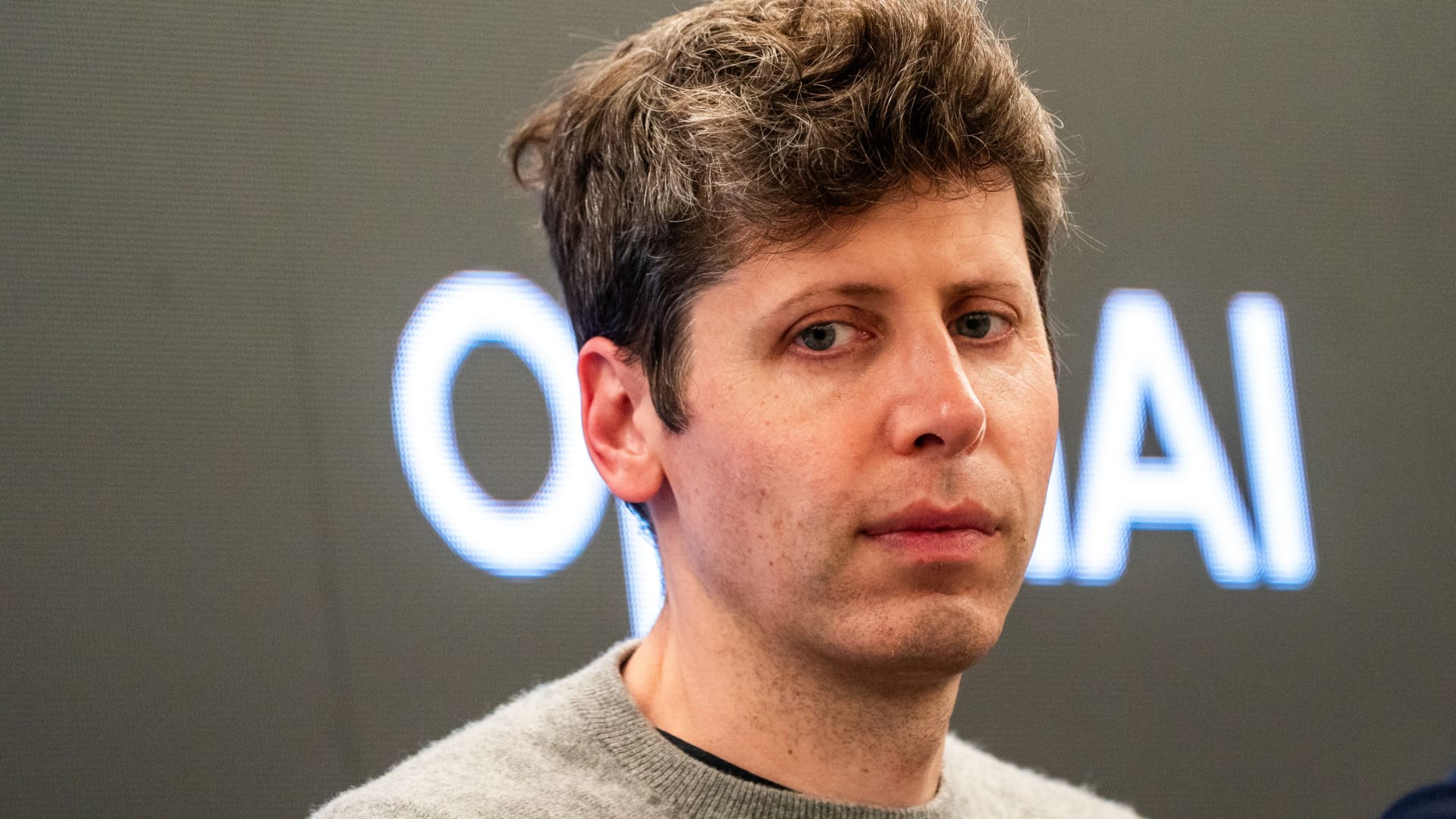In October 2025 OpenAI announced plans for an opt in adults only mode for ChatGPT that would permit erotica and other mature creative content for verified adult users. CEO Sam Altman framed the move bluntly by saying OpenAI "is not the elected moral police of the world," arguing the company should enable adult creative freedom while building protections. The announcement reopened debate between creators who want fewer restrictions and child safety advocates who demand stronger safeguards. Can an opt in, age gated approach balance expression and safety?
Background and context
Content moderation has shifted repeatedly through 2025, with filters loosened and then tightened after public pushback and legal scrutiny. Platforms now face a trade off: automated moderation can overblock lawful speech, while permissive settings can expose minors to harm. OpenAI is proposing a single adults only ChatGPT mode as a form of tiered content moderation that aims to reduce overblocking for adults while keeping baseline protections for general users.
Key details and what OpenAI announced
- Timing and scope: The policy change was announced in October 2025 and centers on rolling out one opt in adults only ChatGPT mode for verified adult users.
- CEO statement: Sam Altman said OpenAI "is not the elected moral police of the world," positioning the company as enabling user choice rather than imposing a global moral standard.
- Safeguards: The plan reportedly includes AI age verification and stronger safety controls for the adults only mode, though OpenAI has not published full technical details or enforcement metrics.
- Stakeholder reaction: Creators and permissive users favor fewer restrictions, child safety advocates and many parents worry about access, and public figures such as Mark Cuban warned the approach could backfire.
- Historical context: The announcement follows months of iterative changes in 2025 where moderation filters were adjusted in response to user feedback and legal concerns.
- Calls for transparency: Critics are asking for open standards on verification methods and clearer enforcement procedures so age gated AI access cannot be easily bypassed.
Explaining the technical terms
- Opt in adults only mode: A user selectable setting that grants access to content restricted to adults. Users must take an explicit action and pass verification before seeing mature material.
- AI age verification: Methods used to confirm a user is an adult. Options include ID checks, third party verification services, or payment card confirmation. Each option involves trade offs in accuracy, privacy, and ease of circumvention.
- Moderation at scale: Automated systems that filter or permit content across millions of interactions. These systems must balance false positives that block allowed content and false negatives that allow disallowed content.
Implications for businesses creators and regulators
OpenAI's proposal highlights several trends in OpenAI content moderation and the wider industry.
- Tiered moderation is rising. The move reflects a broader shift from blanket bans to differentiated access. Tiered content moderation can reduce overblocking while preserving safety for general audiences.
- Age verification is the linchpin. If verification is weak or easy to bypass, the adults only mode could fail to protect minors and invite regulatory scrutiny. Stronger verification raises friction and privacy concerns, prompting calls for privacy preserving verification techniques.
- Transparency matters. Creators and critics demand clear, auditable rules on what is allowed in verified adult mode, how enforcement works, and how appeals are handled. Without transparency trust erodes and public pushback grows.
- Legal and business exposure. Platforms that host adult material face varied legal regimes across jurisdictions. OpenAI may need region specific restrictions and additional regulatory compliance work.
- User experience trade offs. Verification can deter some adults from using the feature, but not verifying risks harm. Product teams must optimize for clarity minimal friction and robust safeguards.
What to watch next
Observers should track how OpenAI implements AI age verification, whether verification methods are privacy preserving, and how enforcement metrics and abuse reports are measured and published. Coverage so far shows a split between those who emphasize adult creative freedom and those who raise child safety and legal risks.
Conclusion
OpenAI's adults only ChatGPT proposal crystallizes a core question for AI platforms: should companies act as gatekeepers of morality or provide controlled access and focus on safeguards? An opt in verified adult mode is a pragmatic attempt to balance expression and safety, but its success depends on strong age verification transparent enforcement and thoughtful product design. Businesses creators and regulators should watch implementation details closely to see whether tiered access can deliver both freedom and protection at scale.




